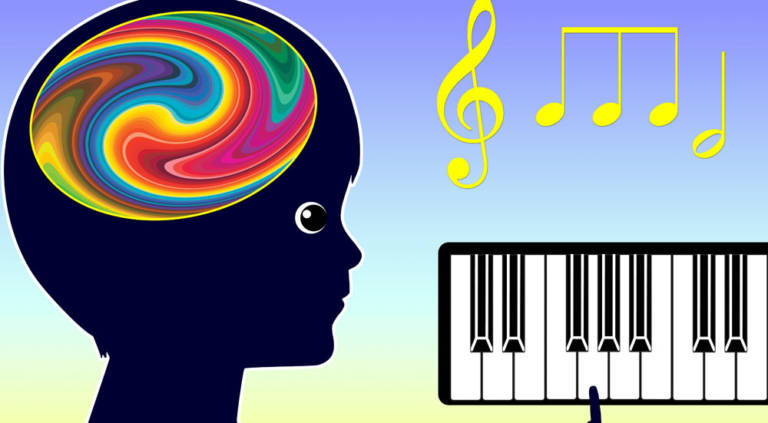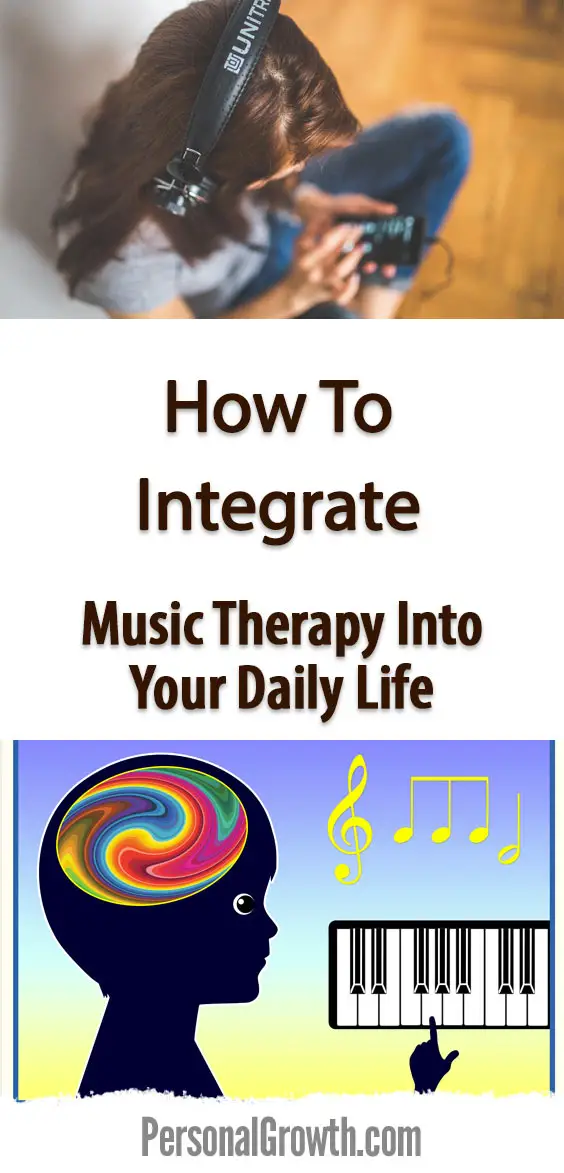
Music has the ability to elicit a host of emotions, and these feelings aren't just being felt in your soul. The emotions elicited by the right music actually originate in the brain, making music a legitimate form of therapy which can help you recover at all levels: mind, body and soul.
Like Organic Soul on Facebook
Integrating music at certain moments in your life can have effects just as strong as medicinal therapies.
From Young To Old, Music Has Everyone Covered
Music begins to influence humans at an early age, which has been proven with a study at the Beth Israel Medical Center involving premature babies.
This study showed results where the premature participants had a slower heartbeat and calmer demeanor as well as latched on to their mother better, all because of live music being played near them.
Trained musical therapists in this study chose music with tempos in line with each baby's breathing and vitals, giving a helpfully specific musical treatment to each tiny patient.
Young children also benefit from music, especially in a routine way. Repetition is so important for children, so having the same, calming music during specific activities throughout the day can help them separate each activity mentally, allowing them to fully focus on just the task at hand.
This is evident when a child hears a calming lullaby and begins to feel sleepy. It is partly due to the Pavlovian routine the teacher or parent has set into place and partly due to the calming sounds of the lullaby music, specifically designed to remove fears, anxieties and put a child's mind at peace.
On the other end of the age spectrum is the elderly, who also react incredibly well to music therapy, especially those with dementia. Research from The International Journal of Geriatric Psychiatry has noted that patients with dementia have shown lower levels of aggression and agitation after successful group music therapy.
This is because dementia does not affect the emotional or musical sections of the brain, allowing music to elicit long-felt emotions that language cannot.
This Is Your Brain On Music
Think about your favorite song and the feelings and emotions that come with hearing that song. The familiarity of the sound sends messages to your brain to recall a happy time. BBC News explains that this nostalgic and happy sensation you can get from music is due to the release of dopamine in the brain, a mood-enhancing chemical linked to happiness.
Whether you realize it or not, choosing music that speaks to your soul can actually boost your immune system and lower your stress. That is a pretty great result from just pushing ‘play'.
In the same way that you wouldn't want to show a friend a sad movie if they already feel down and you wouldn’t want to watch a scary movie if you were home alone at night in a new place, you also shouldn't listen to music that could create feelings of uneasiness or stress at a cognitive level if you're not in the right place mentally for that.
Reducing Pain Through Music
While the role of music on the mood is evident, music can also assist patients in overcoming physical pain, such as those going through painful treatments for cancer.
Studies show that pain management through music works because the music helps distract the patient from the physical pain, allowing them to focus on something else, something more pleasing to the mind and body. Also, by lowering anxiety and stress in a patient and lifting their immune system, music helps patients recover from both the mental and the physical pain.
There are some things to keep in mind when beginning your own music therapy journey. There is, of course, no wrong way to listen to music for entertainment purposes, but these tips for using music correctly in a medical situation could improve the outcome during emotional times.
- Don't listen to your chosen calming music through headphones when you are going to be going through a stressful and physically painful experience such as surgery. Instead you will want to have the music in the room, but still be able to concentrate on managing your pain without music interrupting every thought.
- Ask your doctor or physical therapist if you can listen to music during sessions or minor procedures. This may interrupt their work and instead of only calming you down will inhibit them from performing the task at hand. On the flip side, they might welcome the idea, especially to help make you comfortable and create a pleasant experience for everyone.
- Think twice before putting your music on shuffle if you are under duress in any way. Certain songs and sounds can trigger over-excitement or agitation, both of which can have the reverse effects of what you need. Create playlists for different moods and situations, to alleviate stress and elevate your mood.
Let Music Improve Your Productivity
Besides the important pain relieving capabilities of music, it can also assist in work and school productivity. Similar to how music can assist children in completing tasks, music has the ability to help adolescents and adults focus on their work and not be interrupted with outside clutter.
 You know those times when you are down to the wire, with a looming deadline on an important project, and you cannot seem to turn off your brain and only concentrate on what still needs to be done? Music can help you with that.
You know those times when you are down to the wire, with a looming deadline on an important project, and you cannot seem to turn off your brain and only concentrate on what still needs to be done? Music can help you with that.
A Stanford study concluded that music is not just elevating the mood of a student who is listening to their favorite study music, but the music actually activates the area of the brain in charge of paying attention and storing memory.
The brain knows not to focus on the music's lyrics, but to instead allow the music to be a buffer from the outside world while the person gets to work on what is in front of them. So the next time you have an important school exam or work presentation, keep the headphones handy to assist you if you begin to lose focus.
While music therapy can and does help people with various diagnoses and situations, it is always recommended to use this expressive therapy in addition to any advice from your doctor.
After learning the joys of music therapy and what it can do for you, perhaps you'll want to consider other forms of alternative therapies related to the senses such as art therapy or light therapy.
You could even put them together and listen to music while partaking in dance therapy, moving your body and enjoying peaceful sounds while opening your mind to a stress-free life!














